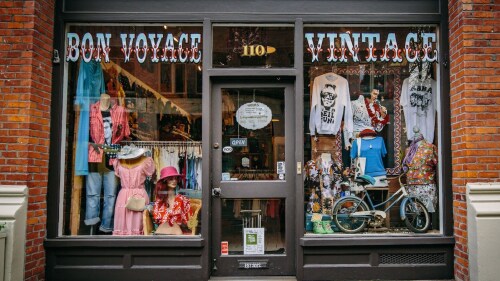No need to move out to the countryside to adopt hundreds of your own fuzzy, buzzy pets. Much like chickens, the City of Seattle has a city code allowing residents to raise and take care of their very own beehives.
The estimated cost for starting your own hive ranges between $200 to $1,000. The rules are also relatively easy to manage, so let’s dive in — just bee-cause.
The rules
While bees are wonderful for the environment, too many unruly bees could lead to quite a sting. Both Seattle and King County have their own regulations to govern local hive maintenance. Here’s a quick overview of some of these rules.
- Colonies need to be kept in movable frames.
- Adequate room needs to be provided for the bees to prevent swarming or overcrowding.
- If the bees swarm or get aggressive, you’ll need to replace the queen.
- Any hives need to be registered with the Director of Agriculture.
- You can have no more than 50 hives on a plot of land smaller than 5 acres, but you’re welcome to as many as you want if your land surpasses 5 acres..
- Any hives need to be registered with the County Extension Agent and through a state registration form.
Other resources
If you’re looking to learn more about what it takes to keep your hundreds of little friends happy, check out these local resources:
- Puget Sound Beekeepers Association: Join the beekeeping community, get recommendations for supply stores, meet your local neighborhood beekeeping captain, or take a class.
- Host a hive: Interested in learning about beekeeping, but feel intimidated by the work? Rainy Day Bees allows locals to host a hive in their backyards that is tended to by a professional.
- Swansons Nursery: Check out a list of pollinator-friendly plants and flowers to add to your garden (even if you don’t have a hive).











